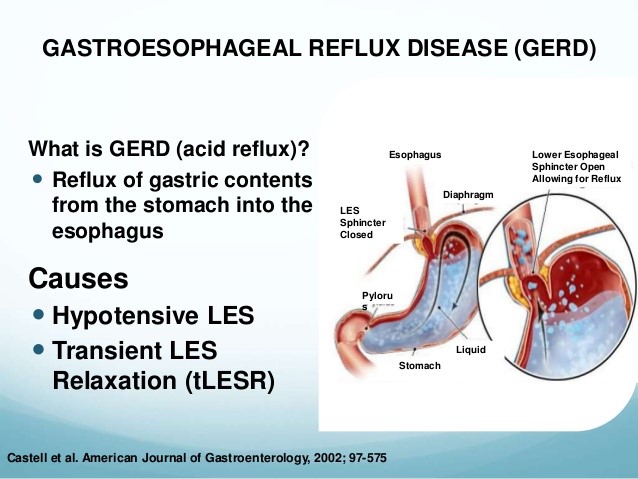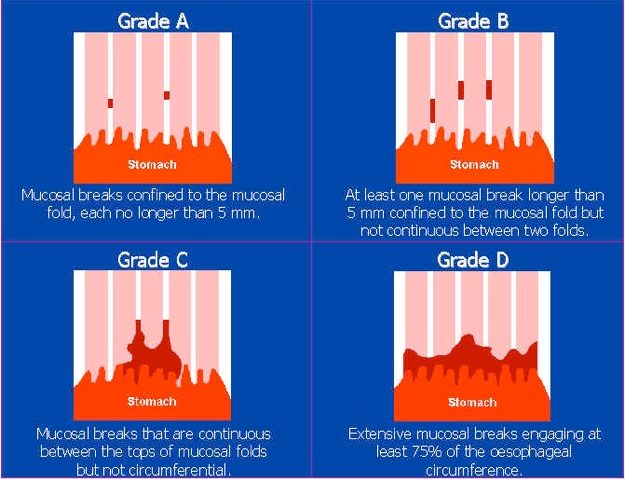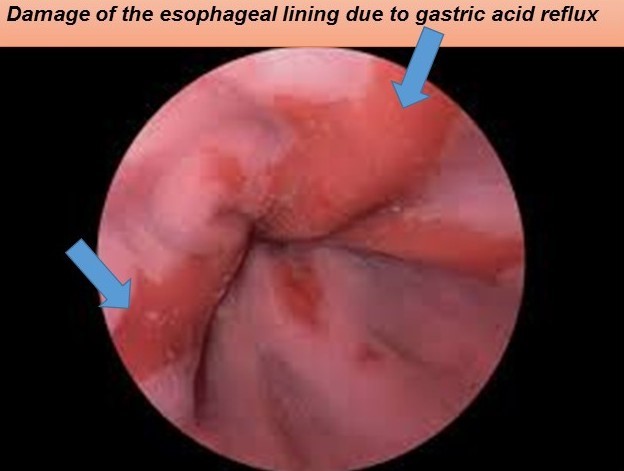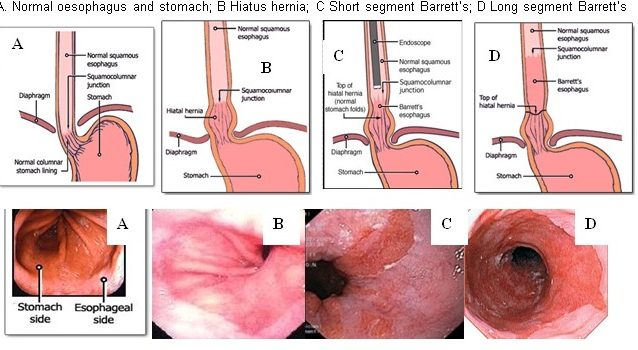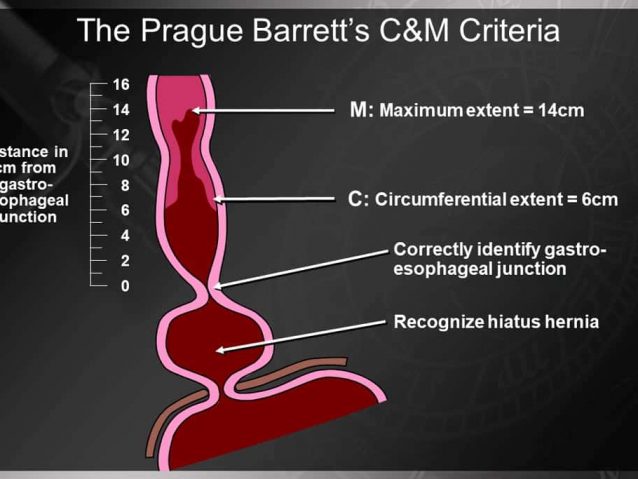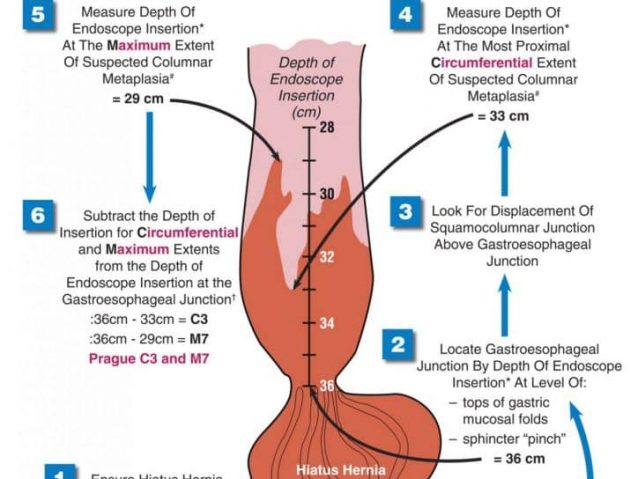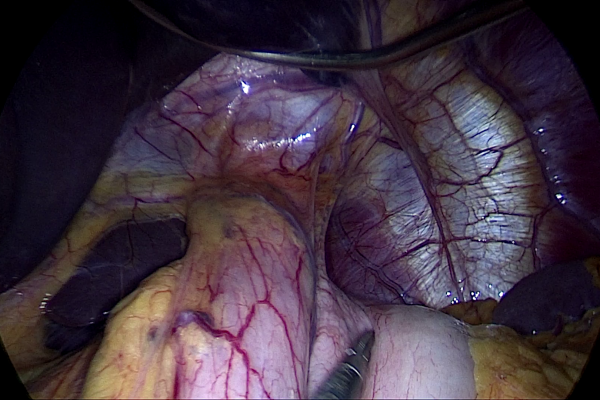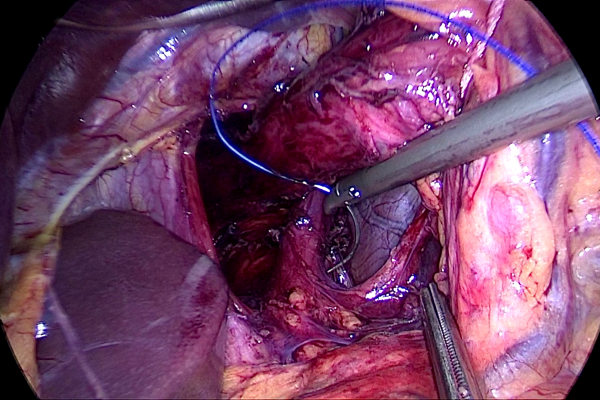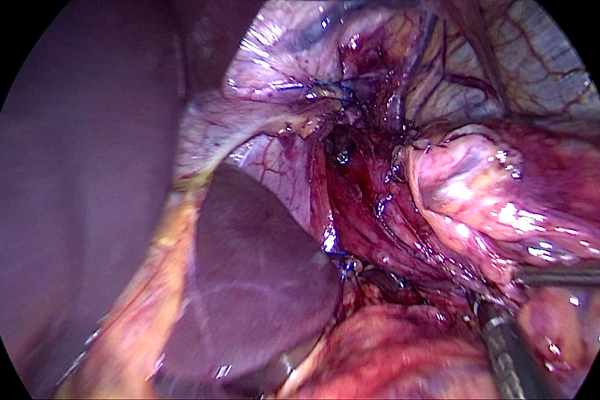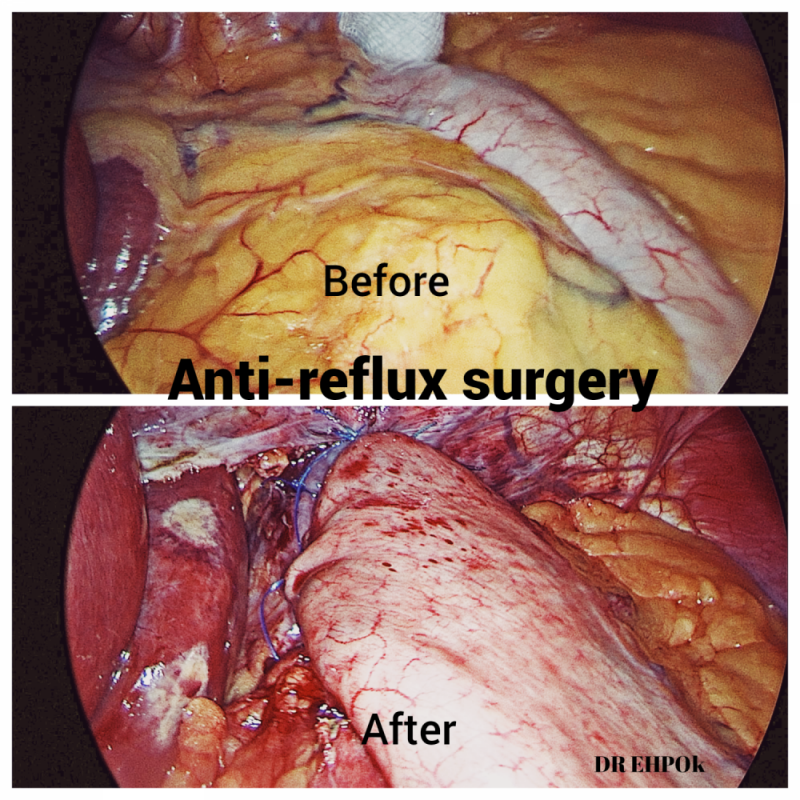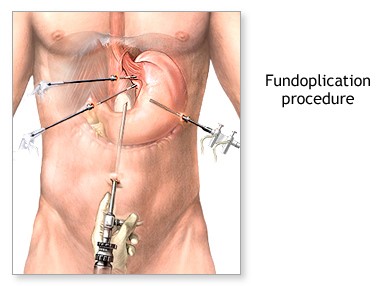Dietary Protocol for Laparoscopic fundoplication
Day of Surgery Post-op
Free fluids
No Fizzy drinks
Post-op Day 1
Liquidised or Blended Small frequent meals
No bread / pasta
No Fizzy drinks
Day 2
Minced / Fork mash Small frequent meals
No bread / pasta
No Fizzy drinks
Day 3
Soft Small frequent meals, minced meat only
No red meat / bread / pasta
No Fizzy drinks
Important: If you feel nauseous, please ask for anti-emetic medication
Dietary Modification: The dietitian will discuss with you the necessary dietary modifications which will be required during the first four to six weeks after your surgery. This will involve:
1. Continuing to eat very soft foods, in the form of small meals and snacks, taken more often, for three months after surgery. You should avoid eating hard bulky foods that need to be chewed over and over again, because these will have difficulty passing through the oesophagus into the stomach. Foods such as bread, pasta, red meat / steak, oranges and celery, should be particularly avoided, because these may become ‘stuck’ in the lower oesophagus. The dietitian will discuss this with you in more detail.
2. Avoid carbonated or fizzy drinks such as coke, lemonade or beer, because you may not be able to belch to relieve gas. You should discuss with surgeon whether you need to avoid these drinks indefinitely, or when you can recommence these drinks
Physical Activity You should be able to return to light duties of work within one week, and progress to resuming your usual activities and work about two weeks after surgery. However, it is important that you do not lift any heavy objects, or undertake any activity that puts a strain on the abdomen for at least 6-8 weeks after surgery.
‘Chew your food well, taste your food, and swallow in small amount!!


